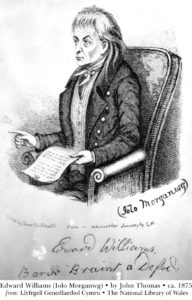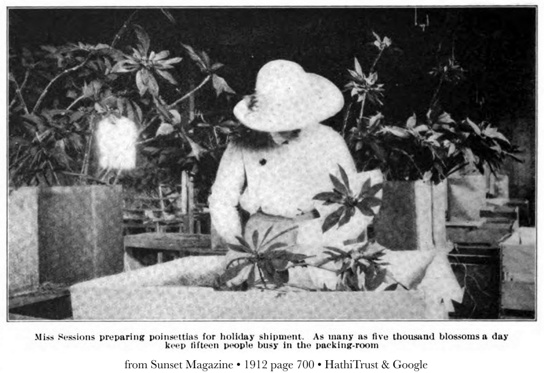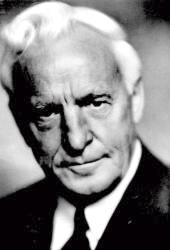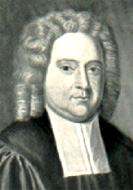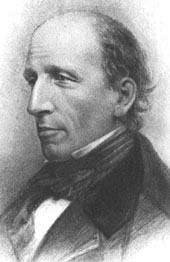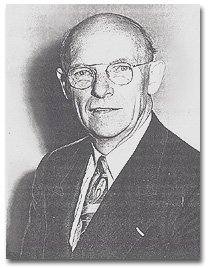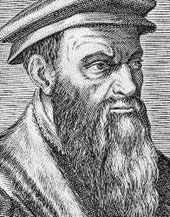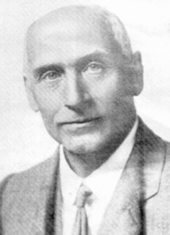Winchester Profession
The Creed – 1803
We believe that the Holy Scriptures of the Old and New Testaments contain a revelation of the character of God and of the duty, interest and final destination of mankind.
We believe that there is one God, whose nature is love, revealed in one Lord Jesus Christ, by one Holy Spirit of Grace, who will finally restore the whole family of mankind to holiness and happiness.…
